(ECNS) -- A Pakistani girl studying at Chengdu University of Traditional Chinese Medicine, has expressed her gratitude to the tangible help the Belt and Road Initiative (BRI) has brought to her hometown.
The girl Tian Huahua (Chinese name) said that in an interview with China News Network as this year marks the 10th anniversary of the launch of the China-Pakistan Economic Corridor, a major project of the BRI.
“Lahore Orange Line, a flagship project of the China-proposed BRI, is Pakistan's first metro line. This project has brought significant changes to Pakistan in many fields including energy, infrastructure, and industrial cooperation," said Tian.
She majors in integrated Traditional Chinese and Western Clinical Medicine in southwest China’s Sichuan Province.
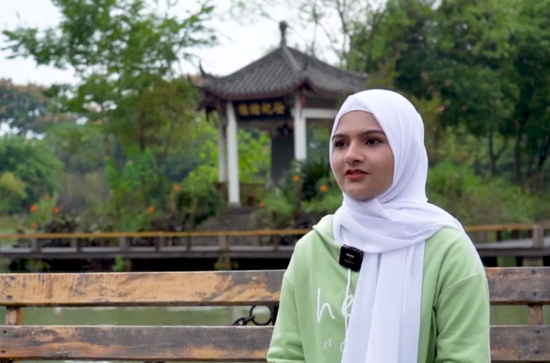
"I have a strong interest in the Chinese language, and I hope to gain a deeper understanding of traditional Chinese medicine and culture,” said the girl.
Talking about her life in China, she said she is deeply impressed by its convenience. "You don't need to carry a wallet when you go out, because you can scan code for payments anytime, anywhere. ATMs and vending machines are also everywhere."
She believes that China is developing rapidly and that studying and working here allow her to learn more.
"The journey to study in China has been a mix of joy and sadness for me. I am happy that both my professional knowledge and Chinese language have improved, but it's also sad because I cannot see my family for a long time," she said.
At the beginning, she found it challenging to adapt to the Sichuan cuisine. "However, after being here for a month, I discovered some with flavors similar to those from my hometown, and gradually I got used to it."
In July this year, she joined 47 teachers and students from 27 countries in a tour to explore the culture in Sichuan. They engaged in activities like making palace lanterns, cooking local dishes, appreciating tea art, observing giant pandas, learning martial arts, and experiencing traditional Chinese medicine.
Recalling this experience, Tian remains excited. "The wisdom of ancient Chinese people is truly admirable. The Leshan Giant Buddha was built more than 1,200 years ago, so I quite wonder how the ancient craftsmen built it without the technologies we have now! "
Additionally, Tian loves giant pandas very much. "China has done a great job in protecting giant pandas, and I hope future generations can also see these lovely animals like we do."
"After graduation, I may go to the West for further studies to better understand the differences between Chinese and Western medicine. If I can find a good job in China, I would be very happy to stay here," she added.









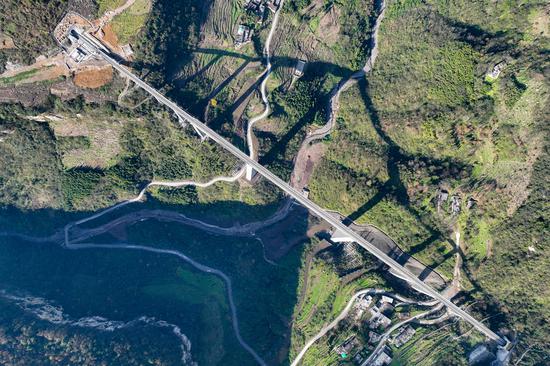

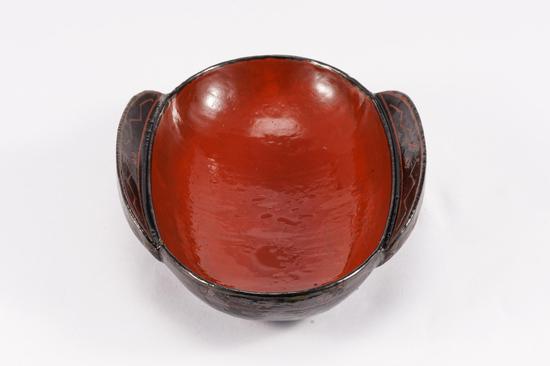

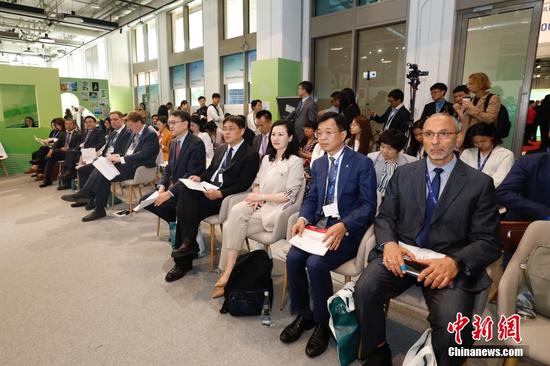
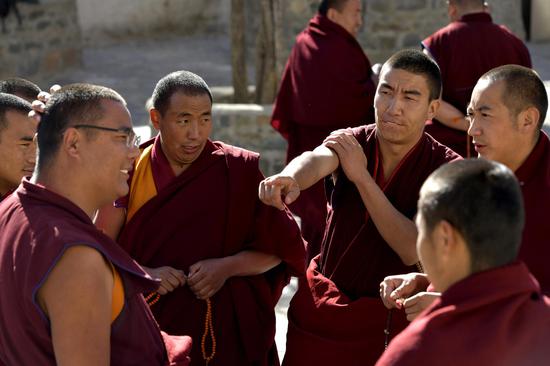
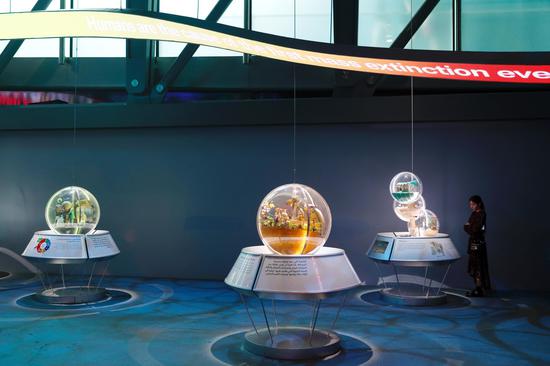







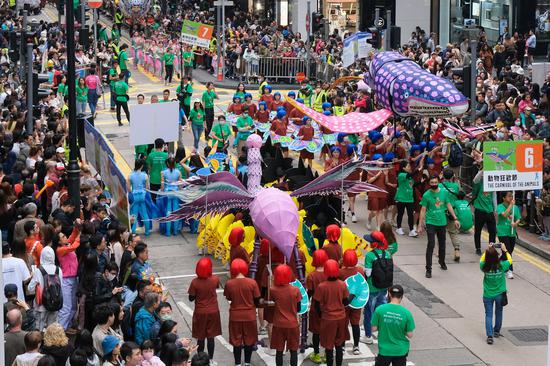
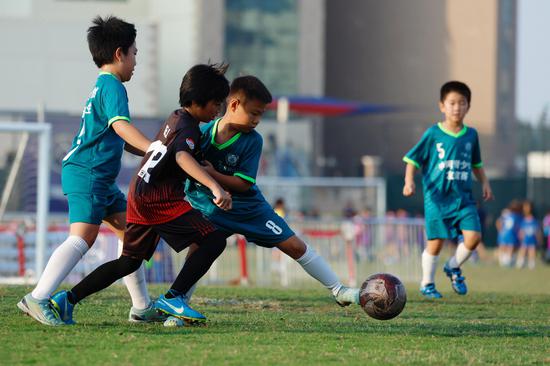
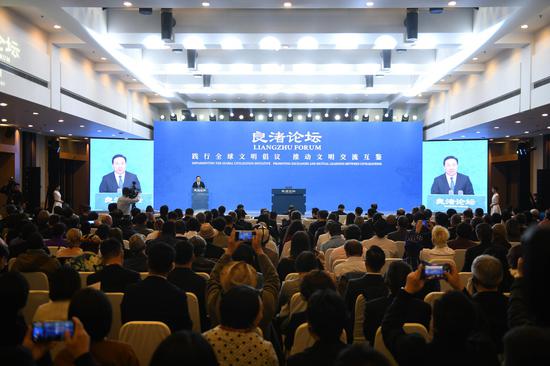
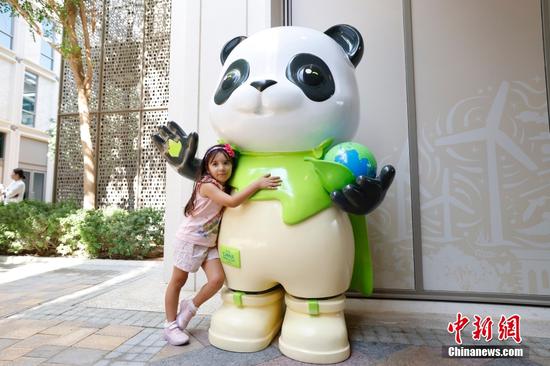




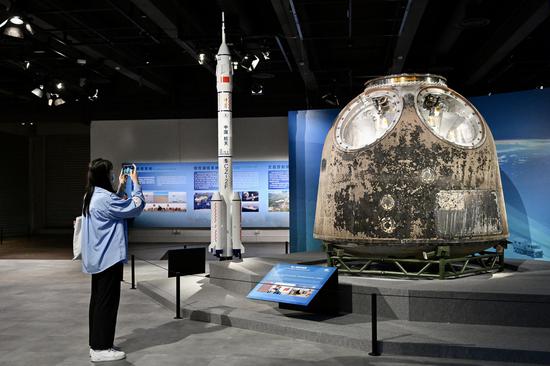





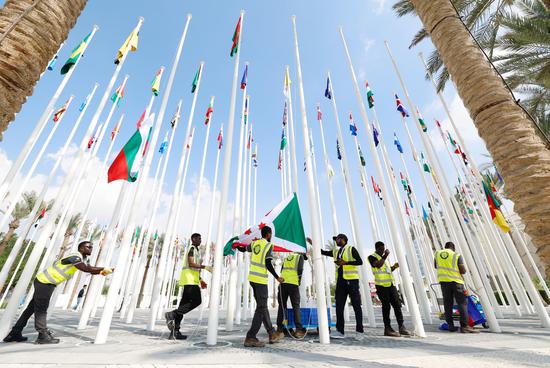
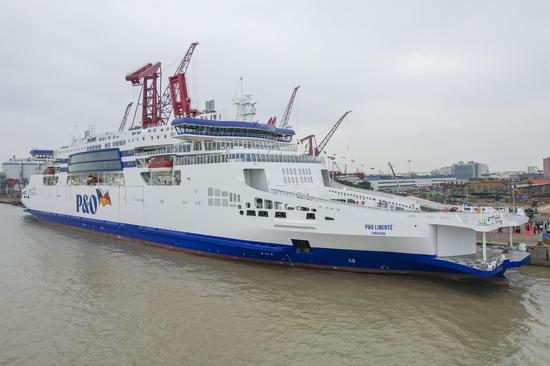
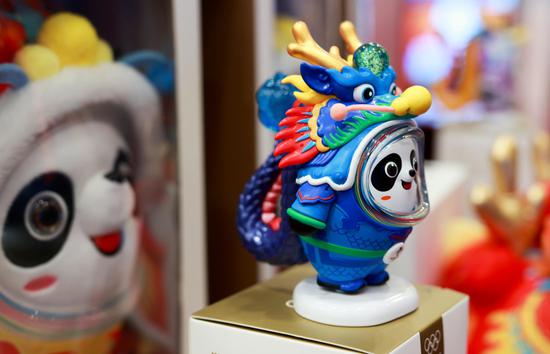
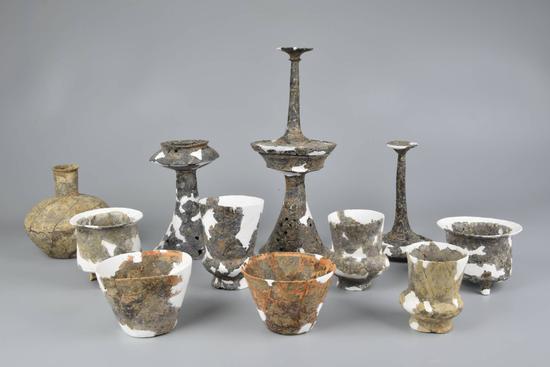

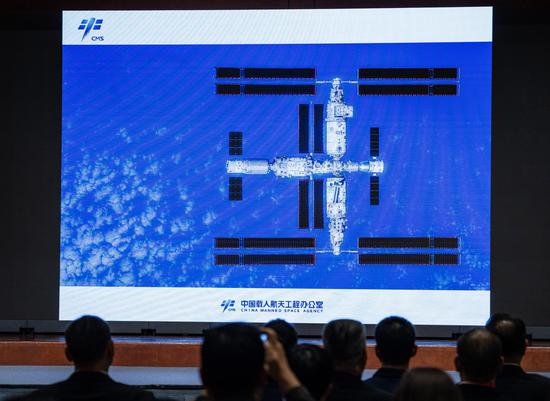
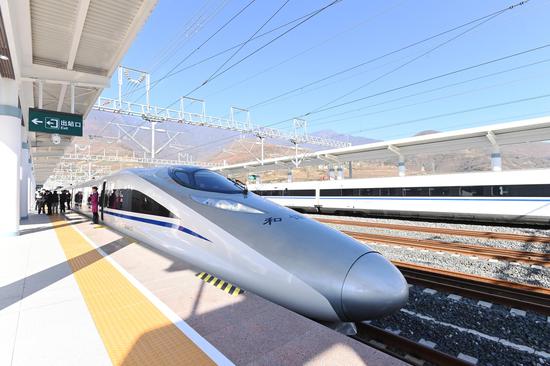
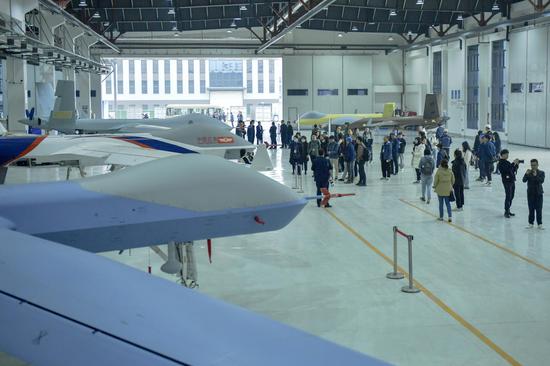



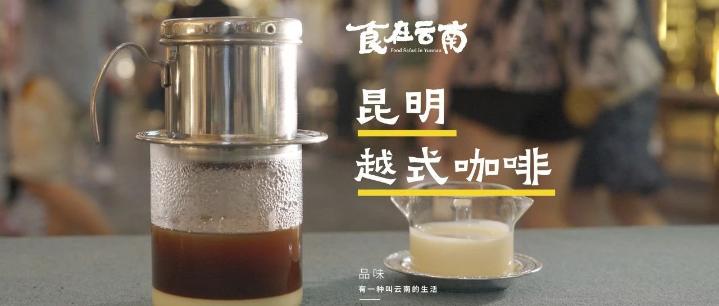

 京公网安备 11010202009201号
京公网安备 11010202009201号